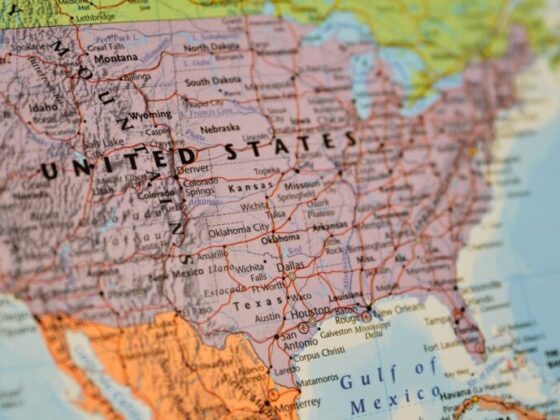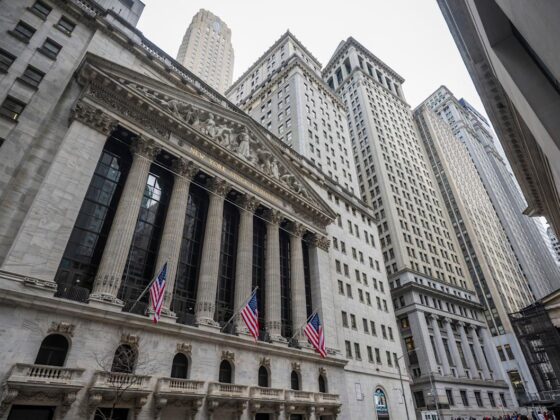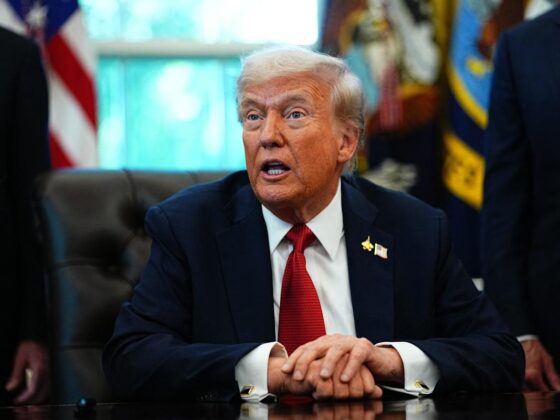Oil prices fell during early European trading after US president Donald Trump set a 50-day deadline for Russia to end its war in Ukraine, potentially averting further sanctions. The announcement alleviated immediate concerns surrounding global supply disruptions.
Brent crude (BZ=F) lost 0.7% to trade at $68.72 a barrel, while West Texas Intermediate retreated 0.9% to $66.41.
Initially, oil prices had surged on speculation about upcoming sanctions. However, the market reversed course as the deadline imposed by Trump raised hopes that punitive measures could be avoided.
Investors began to question whether the US would actually go ahead with imposing high tariffs on nations continuing to trade with Russia.
Read more: FTSE 100 LIVE: London heads near all-time highs as EU readies for US tariffs
“China, India, and Turkey are the largest buyers of Russian crude oil. They will have to weigh the benefits of buying cheap Russian oil against the costs of exporting to the US,” ING analysts wrote in a note.
On Monday, Trump announced additional military aid for Ukraine, and over the weekend, he reiterated plans to impose a 30% tariff on most imports from the EU and Mexico, effective on 1 August. This move is part of broader threats aimed at other countries. Such tariff risks pose a potential slowdown to global economic growth, which could weaken fuel demand and, in turn, push oil prices lower.
Meanwhile, Goldman Sachs (GS) raised its oil price forecast for the second half of 2025. The investment bank cited factors such as potential supply disruptions, declining oil inventories in OECD countries, and production constraints in Russia.
Gold prices were steady on Tuesday morning as investors weighed mixed signals from the US regarding the state of trade negotiations.
Gold (GC=F) futures were 0.3% higher at $3,368.80 an ounce, while spot gold was muted at $3.363.49 per troy ounce after touching a three-week high of 3,385.90 in the last session.
Trump expressed openness to further discussions with major economies, including the EU. However, his comments seemed to contradict his insistence that letters to governments outlining tariff rates essentially represent “the deals” for trade partners.
Read more: Bank of England could cut interest rates faster if jobs market slows, Bailey says
“If trade talks deteriorate before August, we could easily see bullion retest or even breach its former highs,” said Fawad Razaqzada, a market analyst at City Index. “For now, the market seems firmly in wait-and-see mode, keeping the gold forecast leaning cautiously bullish.”













